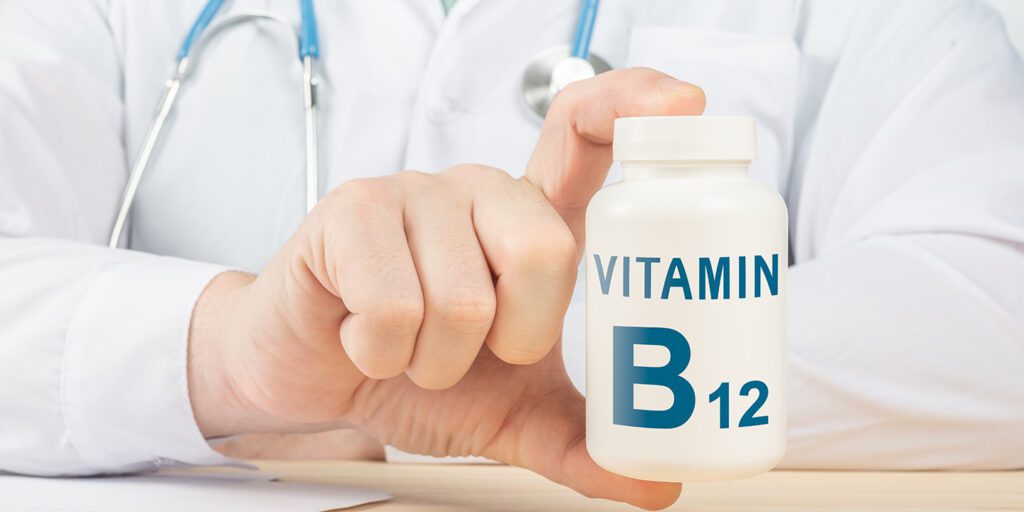Zinc IV Therapy
Zinc IV Therapy Ultimate Guide to Zinc IV TherapyZinc IV therapy is a method of providing zinc directly into the bloodstream to optimize health and address zinc deficiency. This therapy can be beneficial for individuals who have difficulty absorbing zinc through oral supplements or have severe deficiencies that require immediate attention. The process involves a healthcare professional administering the zinc solution intravenously, allowing for rapid absorption and utilization by the body.There are various forms of zinc used in IV therapy, including zinc sulfate, zinc gluconate, and zinc chloride. Signs of zinc deficiency may include weakened immune function, loss of appetite, hair loss, and delayed wound healing. Common causes of zinc deficiency include inadequate dietary intake, gastrointestinal disorders, and certain medications.Zinc is an important mineral for overall health, as it plays a key role in immune function, DNA synthesis, and wound healing. It also supports normal growth and development during pregnancy, infancy, and childhood. By using zinc IV therapy, individuals can address deficiencies and optimize their overall health and well-being.What is zinc?Zinc is a vital mineral that plays a crucial role in various biological processes within the body. It is an essential nutrient that supports the immune system, promotes wound healing, and contributes to the proper functioning of enzymes and proteins. Zinc can be found in a variety of foods, including meat, shellfish, dairy products, and legumes. It is also available as a dietary supplement and is often used to treat zinc deficiencies. Additionally, zinc is commonly used in the production of metal alloys, such as brass, and is utilized in various industrial applications. This versatile mineral is important for overall health and has a range of practical uses beyond nutrition.What are the different forms of zinc?There are several different forms of zinc available for supplementation, each with its own benefits and drawbacks. These forms include zinc sulfate, zinc oxide, zinc citrate, zinc acetate, zinc glycinate, zinc picolinate, and zinc monomethionine.Zinc sulfate is inexpensive but may cause stomach upset, while zinc oxide is also cost-effective but has a low absorption rate. Zinc citrate is better absorbed but can be more expensive, while zinc acetate is often used in lozenges for reducing the duration of viral infections. Zinc glycinate is highly absorbable and gentle on the stomach, while zinc picolinate and zinc monomethionine are also well-absorbed forms of zinc.Zinc lozenges with zinc acetate have been shown to be effective in reducing the duration and severity of viral infections, particularly colds. However, it’s important to consult a doctor before taking zinc supplements, as excessive zinc intake can lead to toxicity and interfere with the absorption of other minerals.Overall, zinc glycinate or zinc picolinate are preferred forms for supplementation due to their high absorption rates and minimal side effects.What does zinc do in the body?Zinc is an essential mineral that plays a crucial role in various bodily functions. From supporting the immune system to promoting wound healing, zinc is involved in numerous essential processes in the body. This mineral is also necessary for proper growth and development, as well as for maintaining good vision and a healthy sense of taste and smell. Additionally, zinc is a key player in the production of DNA and helps with the function of over 300 different enzymes. Understanding the important role that zinc plays in the body is crucial for maintaining overall health and well-being.1. Immune System SupportZinc plays a crucial role in supporting the immune system by activating T cells, which are essential for identifying and destroying infected cells. It also helps regulate the immune response and aids in protecting the body against infections. Without an adequate amount of zinc, the immune system becomes weakened, making the body more susceptible to viruses and infections. Zinc deficiency can lead to a decrease in the production of T cells, impair the function of macrophages, and hinder the process of wound healing, all of which are important for fighting off infections.One innovative way to enhance immune system support is through mobile IV treatments that include zinc and other essential minerals. By delivering these nutrients directly into the bloodstream, the body can more effectively absorb and utilize them to support immune function. These IV treatments can help replenish zinc levels and strengthen the immune response, providing an effective way to combat the effects of zinc deficiency and ward off infections. In conclusion, maintaining adequate zinc levels is crucial for supporting the immune system and protecting the body against infections and viruses.2. Wound HealingZinc plays a critical role in the wound healing process as it is essential for collagen synthesis. Collagen is the main structural protein in the body and is a crucial component in the formation of new tissue at the wound site. Zinc is directly involved in the production of collagen, which helps in the formation of the extracellular matrix and promotes tissue remodeling and repair. Additionally, zinc also regulates inflammation, immune function, and cell proliferation, all of which are important for wound healing.A deficiency in zinc can impair wound healing as it leads to decreased collagen production, weakening the structural integrity of the tissue and slowing down the healing process. Therefore, adequate levels of zinc are necessary for optimal wound healing.Topical products containing zinc, such as zinc oxide or zinc sulfate, are commonly used for treating skin conditions like eczema, diaper rash, and minor burns. These products can help promote wound healing by providing a local supply of zinc to the affected area, aiding in collagen synthesis and tissue repair. Additionally, zinc-based products can also have anti-inflammatory and antimicrobial properties, further supporting the healing process.3. ThyroidZinc deficiency can significantly impact thyroid hormone function. Zinc plays a crucial role in the binding of thyroid hormones to their receptors in the cells. Without an adequate amount of zinc, the binding of thyroid hormones T3 (triiodothyronine) and T4 (thyroxine) to their receptors may be compromised, affecting their ability to regulate metabolism and other essential bodily functions. Additionally, zinc is a vital component in the formation of zinc finger motifs in nuclear









